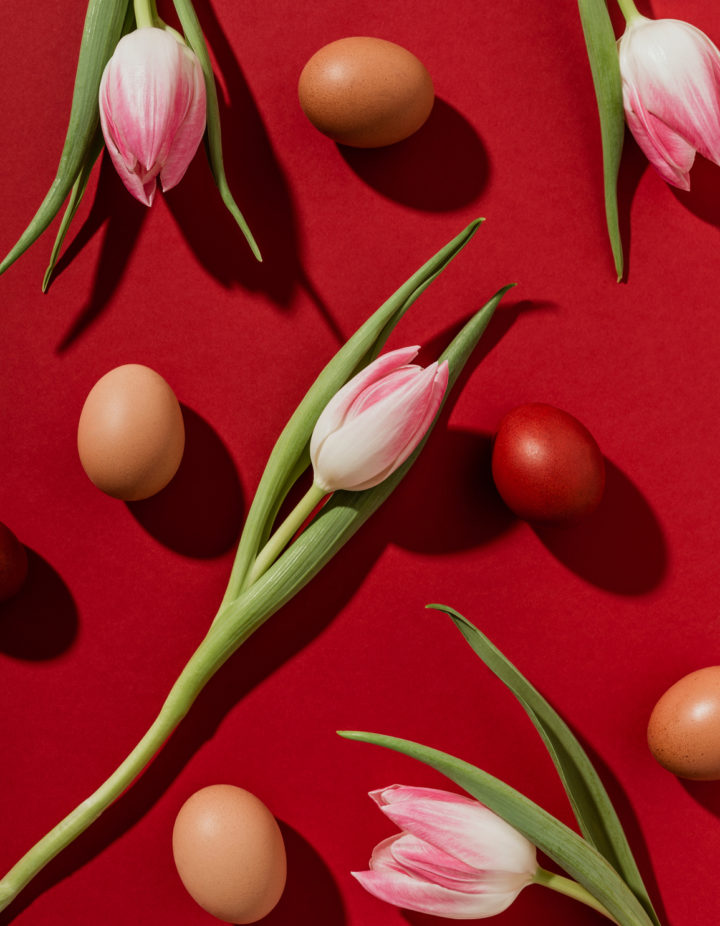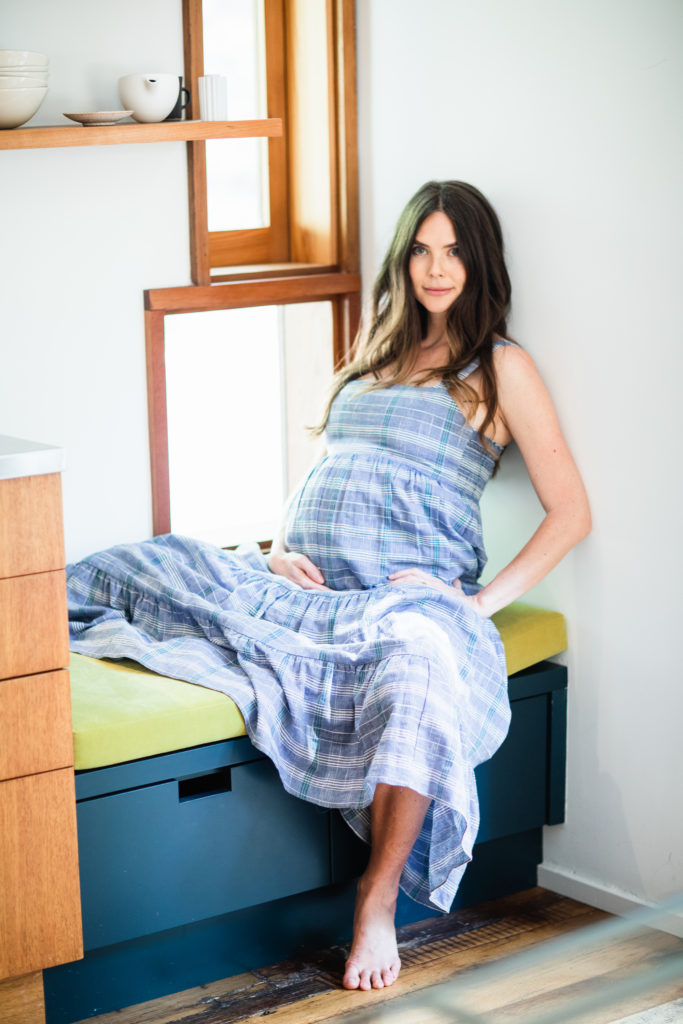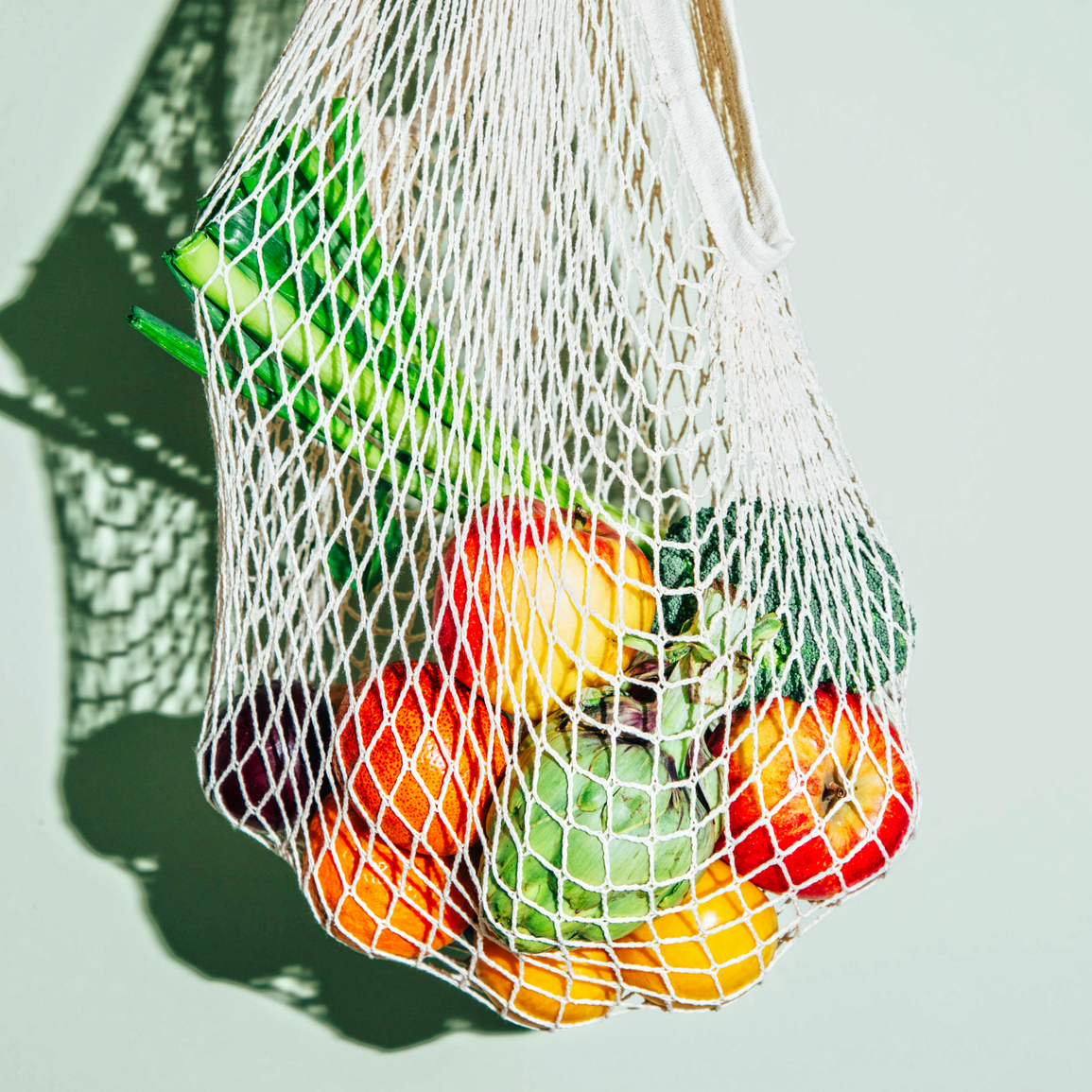The narrative surrounding fertility, egg donation, and family planning has been gradually broadening, embracing diverse voices and stories that were previously unheard. This shift is crucial as many navigate the crossroads of parenthood, personal choices, and cultural sensitivities. On the occasion of National Minority Donor Day, we spoke with Coco Searcy, a Member Advocate at Cofertility and an egg donor herself.
Her insights shed light on the nuances of egg donation in minority communities, the challenges they face, and the winds of change gradually setting a more inclusive course. A frontliner in the fertility space, Searcy’s journey intertwines personal experiences and professional commitments, making her insights invaluable for those considering or even curious about egg donation within minority communities.
Can you share your insights on the state of egg donation within minority communities in our country?
I’ve spent my entire career in the fertility space and in just the past five years, there has been a lot of growth in terms of conversations about egg donation, however; there is still a lack of devoted resources within minority communities. While many organizations are making great strides to have more diverse donor options for intended parents and using more inclusive language for donors who are non-binary and trans, there is more work to be done.
For intended parents, the overall experience can feel very antiquated and disappointing. They scroll through clunky online profiles, spreadsheet lists of donors or work with services that overemphasize classist attributes and good looks. There is often little opportunity to understand the donors’ values, backgrounds, and personalities – things intended parents want to know and that donors care about, too. This is especially important for minority families and donors.
I joined Cofertility in 2023 as a Member Advocate and am thrilled to be a part of a company changing the fertility system to create a human-centered approach. Our egg-sharing model disrupts the traditional cash compensation model. This outdated model discourages many women from donating their eggs and contributes to a real lack of ethnic diversity among donors, which leaves intended parents without adequate options for growing a family that reflects their unique background. If you ask them, intended parents often tell you that their search, first and foremost, revolves around finding someone who shares their ethnicity.
What are some of the significant barriers or misconceptions that prevent minority women from becoming egg donors, and how can we work to address them?
There is a tremendous lack of resources and information available to minority individuals who want to become egg donors or just want more information about their fertility overall. A lot of the marketing and information shared about egg donation and even egg freezing are geared towards white women and doesn’t acknowledge or address concerns/issues that minority people face.
There is also a genuine and understandable distrust of medicine within some minority communities. As a black woman, I understand the level of hesitation and fear when it comes to seeking medical attention due to the lack of acceptable care and information for black people, especially given the history of gynecology. I think it would really go a long way for providers to proactively address these concerns and acknowledge the history of medicine and current practices that have led to this distrust amongst certain minority communities. They should also talk about ways they are addressing these issues and share knowledge and resources to make minority women feel seen and comfortable.
Lastly, I think there is also a misconception that minority donors are less desirable, which is definitely not the case. There are so many minority-intended parents who need the help of minority donors to build their families
How does increased diversity in the egg donation pool benefit intended parents, particularly those of minority ethnicities?
Working in the fertility space for a number of years, I’ve seen how the process of finding an egg donor can be longer for some minority-intended parents looking for certain ethnicities. This is truly unfortunate since navigating infertility and family building can be a tumultuous rollercoaster already, and adding this additional barrier can make this process even harder. Some intended parents might feel pressured to just settle for a donor that isn’t within their same ethnic group in order to speed along the process. This was a huge reason I decided to become an egg donor myself. Seeing my patients struggle to find ethnic donors and having learned so much about the egg donation process from my job, it clicked that it was the right path for me to help someone.
For the traditional cash compensation model, it can also be more expensive and, as a result, cost-prohibitive. For example, a former patient of mine was specifically looking for a donor from a specific ethnic population. Not only did it take her much longer to find a good match, but when she finally found a donor, she unfortunately had the rug pulled out from under her when she learned about the donor’s compensation. Along with the agency fees and medical fees, the donor requested an additional $25k, which she wasn’t in a place to afford. It made the process out of reach for her, and I don’t think that’s fair.
As an egg donor who did benefit from monetary compensation (this was before Cofertility existed!), I understand why it’s available, and it’s helped me in my life, but the lack of regulations on the egg donation market has led to some sketchy practices and creates accessibility issues – not only people with above-average means should have access to using an egg donor.
I love that Cofertility’s model is reshaping what compensation can look like. Instead of a more transactional approach, we freeze half of the eggs for the donor to preserve their fertility. While the intended parents still pay for their treatment cycles, there isn’t this idea of additional compensation based on the donor’s attributes. Many intended parents also love that they are helping that donor preserve their fertility and reach their current goals without the pressure of their biological clock.
Can you share any success stories or significant developments in egg donation from minority donors that have occurred in the past year?
On a personal level, I’m proud to say I completed two donation cycles!
At Cofertility, we’re also thrilled by the diversity of our egg donors. Since we launched last year, we’ve activated hundreds of donors who will get to freeze their eggs for free while helping another family grow. They bring more than 55 different ethnicities and 50% identify as women of color.
How can we better educate and reach out to minority communities about the importance and benefits of egg donation, not just for the donors themselves but also for those seeking to start a family?
I’ve learned so much about the treatments that are available to patients, what egg donation is, what misconceptions there are, and just how many people need egg donors to grow their families. This is information I wouldn’t have even known about if I hadn’t worked at a fertility clinic. The lack of access to information on fertility and reproductive health, as well as egg donation, is a disservice to potential donors and individuals seeking to build their families. It is also really important for agencies, clinics, and providers to make a conscious effort to share information and to ensure this doesn’t only cater to white individuals.
Also, increasing diversity in caregivers and staff who directly and indirectly care for egg donors and intended parents will go a long way. Many of my patients feel more at ease with doctors and healthcare professionals who look like them. Even looking at the marketing images and photos around an office can lead to discomfort for many patients when they can’t see themselves. That goes for patients who are LGBTQIA+, non-binary, and with disabilities.
I also hope that research continues to be done within the reproductive health space for people within minority communities. I think it’s super important for care providers to address common misconceptions about fertility when it relates to minority communities. One common misconception that I’ve even grown up with is that black women are seen as highly sexualized and thus are hyper-fertile. That’s simply not true and can give the wrong impression that black women don’t need fertility care. In reality, they often have higher infertility rates with less access to information and treatment. If we can provide accurate education on the needs of different communities, we can offer resources for care early on.
What resources are available to support them in their journey?
Unfortunately, there aren’t a ton of resources usually available besides clinic staff or online Facebook groups. One thing that I love that Cofertility is pioneering is a support group for our Freeze members who are undergoing their own egg donation or egg-freezing journey. We want this to feel like a community because no one is really doing this in isolation. Our members are so supportive of each other and really make a huge difference in a process that can be quite emotional.
In addition, we have a lot more resources on our website, cofertility.com/freeze, all backed by our team of experts, that walk you through what to expect.
About the writer
Coco Searcy is a Member Advocate at Cofertility. Over the past 7 years, she has helped patients undergoing fertility treatment reach their goals through compassionate and devoted care. Previously, she worked at two prominent New York City-based fertility clinics, coordinating treatment cycles, educating patients on the various reproductive health options and technologies available, and encouraging them to feel comfortable advocating for themselves. She’s passionate about making her patients feel seen and validated throughout the emotional landscape of fertility.
After gaining experience handling various IVF cases, her focus shifted to helping patients needing egg donors, sperm donors, and gestational carriers find the right person to embark on their third-party reproductive journeys with them. This led her to join Cofertility, whose human-centered model aligns with her passion for providing compassionate and empathetic care for egg donors and intended parents who rely on them to grow their families.
Coco graduated from Occidental College with a Bachelor’s Degree in Biochemistry.
Her passion for reproductive health doesn’t stop at her career but continues in her personal life as a two-time egg donor herself. While working in her field, she’s had a first-hand look at the emotional toll infertility has on minority patients, especially those in need of third-party reproductive care, which drove her to become an egg donor.
When not working, Coco is her friendly neighborhood Bob the “Buildette,” crocheting stuffed animals and making delicious brown butter chocolate chip cookies.




